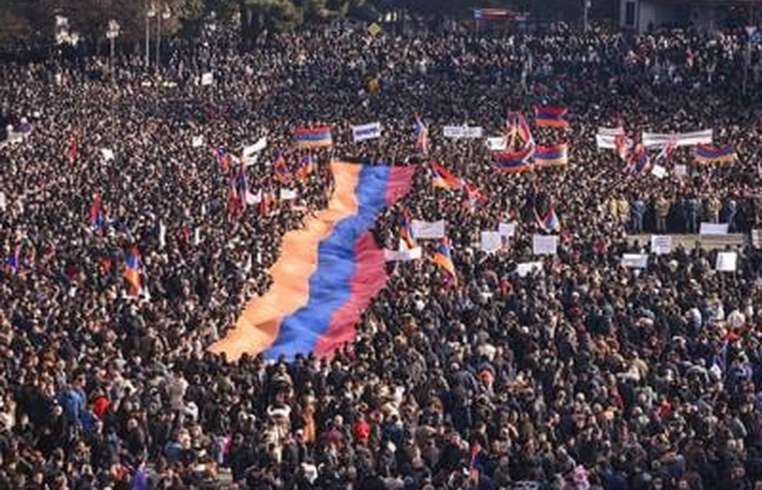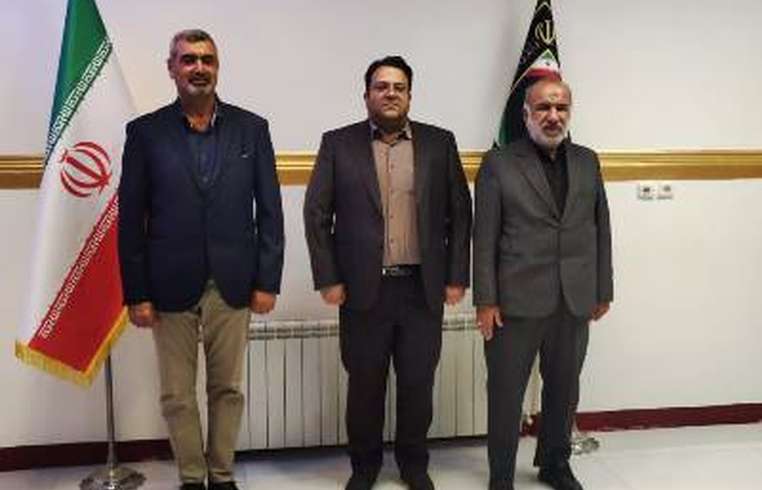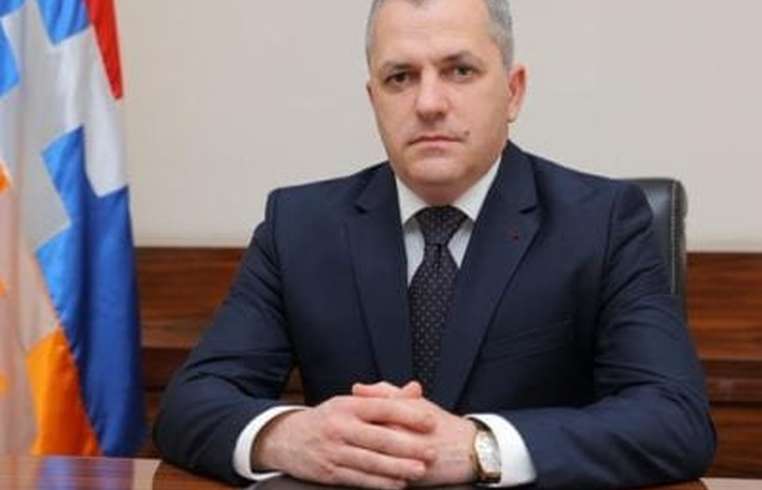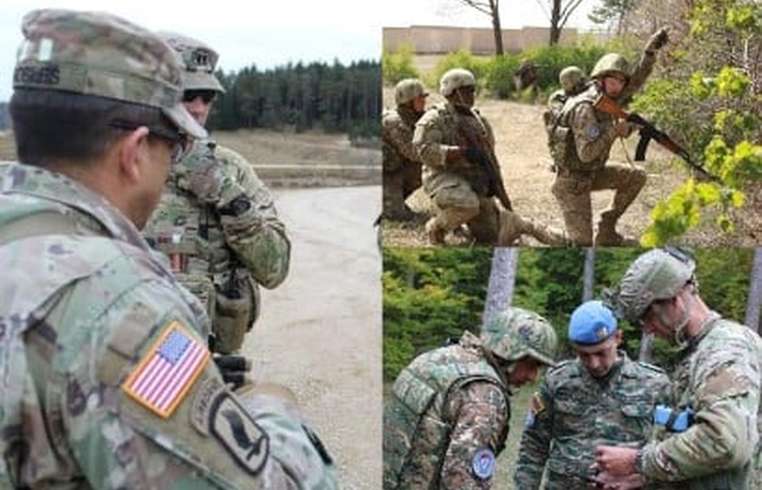
News - Red Cross: Several dozen Armenians still remain in Nagorno-Karabakh
Business Strategy
Red Cross: Several dozen Armenians still remain in Nagorno-Karabakh
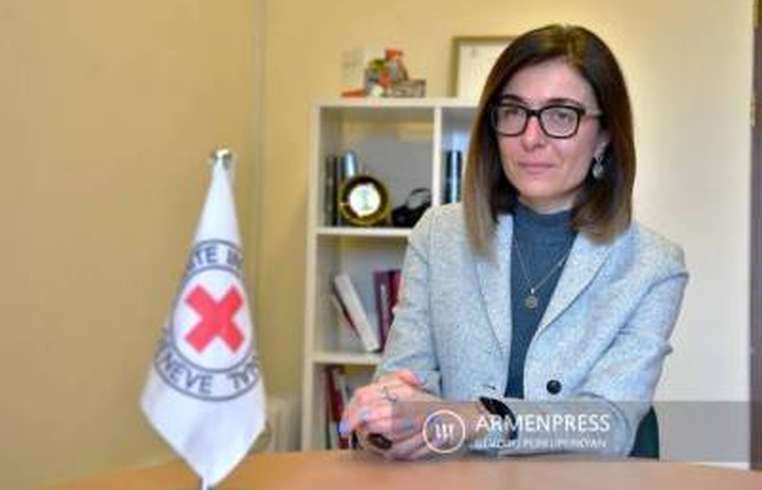
The working groups of the International Committee of the Red Cross (ICRC) in Nagorno-Karabakh continue to visit the Armenian families remaining there, responding to their needs. Zara Amatuni, Communication and Prevention Program Manager of the ICRC Armenia office, told Armenpress that it is difficult to give specific statistics of the remaining Armenians, but it is about several dozen Armenians. "When most of the Armenians from Karabakh moved to Armenia, our teams started working on the spot with those people who stayed or simply could not leave for some reason or another. All those people who wanted to move to Armenia, but could not do so for some reason or another, our organization helped in that matter. It is about 50 people. They are the people who have physical vulnerability, health problems. And we helped several dozen people to contact their relatives in Armenia through phone calls, video calls. Our working groups regularly visit those people who have expressed a desire to stay in Karabakh, assessing their needs," said Amatuni. It has become clear from these visits by the ICRC working teams that the needs of the Armenians remaining in Karabakh relate to food, medicine, and access to water. Where possible, medical examination is carried out, and if necessary, medication is provided. In the absence of access to a number of important issues, they found themselves in a vulnerable position. How long will the ICRC employees stay in Karabakh? "In general, our presence is conditioned by humanitarian needs. As long as these needs continue to remain in the region and as long as our presence as a neutral mediator will be important for people, we would prefer to stay and continue to pay attention to these issues," said Zara Amatuni. She emphasized that ICRC's work is focused on humanitarian issues related to the conflict. With more than 30 years of presence in this region, the organization has regularly responded to growing needs. "In this created situation as well the organization immediately started to increase its resources in targeted directions. We tried to transport wounded people from Karabakh, as well as assisted in transporting the bodies of the dead to Armenia. It is about both war operations and those injured as a result of the [gasoline depot] explosion in [Karabakh capital] Stepanakert. During those days, 124 injured persons were transported to Armenia for treatment. In addition, the remains of 220 people were moved to Armenia, with the assistance of our organization. Most of them are the people who died as a result of the explosion," added Zara Amatuni.


